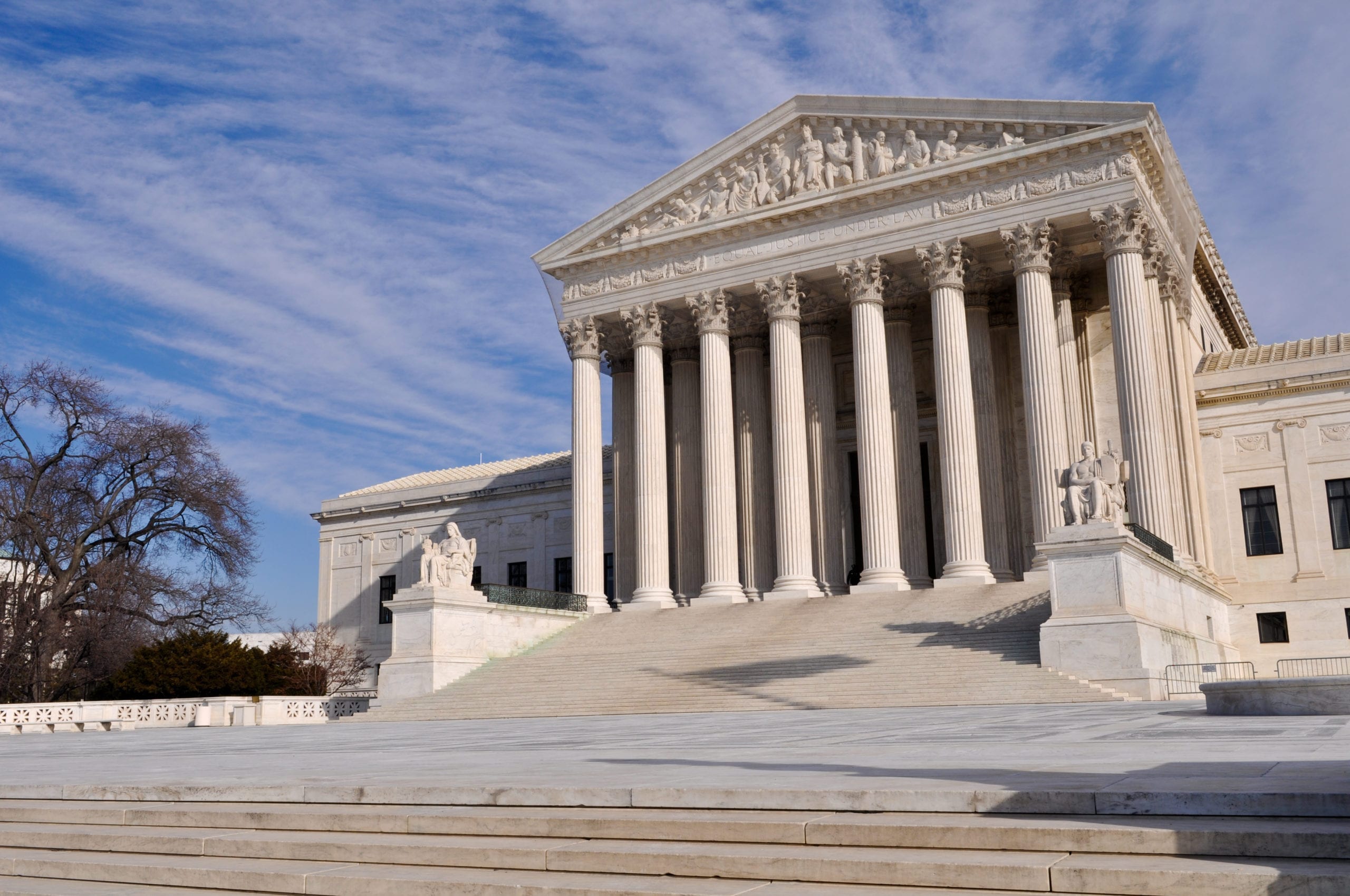On June 6, 2022, the United States Supreme Court decided Gallardo v. Marstiller, holding that the Medicaid Act allows a state to seek reimbursement from settlement payments allocated for future (not just past) medical care. This decision expands the ability of states to recoup medical expenses from accident victims.
In Gallardo, petitioner Gianinna was 13 years old when she was hit by a truck while exiting a school bus in Florida. She suffered catastrophic injuries. Florida’s Medicaid agency paid $862,688.77 in medical expenses. Gianinna’s parents entered into a settlement agreement with the truck’s owner and driver, as well as the school district for about $850,000. Of the settlement amount, about $35,000 was expressly designated as compensation for past medical expenses.
Under Florida’s Medicaid Third Party Liability Act, the State’s Medicaid agency is directed to “seek reimbursement from third-party benefits to the limit of legal liability and for the full amount of third-party benefits, but not in excess of the amount of medical assistance paid by Medicaid,” Fla. Stat. § 409.910(4). Here, the State of Florida was presumptively entitled to 37.5% of the settlement, or $300,000.
In Gallardo, all parties agreed that the State of Florida was allowed to take the portion of the settlement that addressed past medical expenses, but disputed whether the State could take from the portion of the settlement for future medical expenses.
The Gallardos contested the lien and filed a federal suit, seeking a determination that Florida was violating the Medicaid Act by seeking payment from the portion of the settlement for future medical expenses. The State of Florida argued that Medicaid was entitled to recover past medical expenses from any portion of the settlement allocated to medical expenses. The District Court awarded Gallardo summary judgment. The Eleventh Circuit reversed.
The United States Supreme Court affirmed by a 7–2 vote, holding that the Medicaid Act permits a state to seek reimbursement from settlement amounts that are allocated for future medical expenses.
The rationale for the Court’s opinion was the plain text of 42 U.S.C. § 1396k(a)(1)(A), which states:
(a)For the purpose of assisting in the collection of medical support payments and other payments for medical care owed to recipients of medical assistance under the State plan approved under this subchapter, a State plan for medical assistance shall—
(1)provide that, as a condition of eligibility for medical assistance under the State plan to an individual who has the legal capacity to execute an assignment for himself, the individual is required—
(A) to assign the State any rights, of the individual or of any other person who is eligible for medical assistance under this subchapter and on whose behalf the individual has the legal authority to execute an assignment of such rights, to support (specified as support for the purpose of medical care by a court or administrative order) and to payment for medical care from any third party;
Justice Thomas emphasized:
The plain text of §1396k(a)(1)(A) decides this case. Nothing in §1396k(a)(1)(A) limits a beneficiary’s assignment to payments for past “medical care” already paid for by Medicaid. To the contrary, the grant of “any rights . . . to payment for medical care” most naturally covers not only rights to payment for past medical expenses, but also rights to payment for future medical expenses. §1396k(a)(1)(A); see United States v. Gonzales, 520 U. S. 1, 5. The relevant distinction is thus “between medical and nonmedical expenses,” Wos v. E. M. A., 568 U. S. 627, 641, not between past and future medical expenses.
Therefore, the Medicaid Act allows a state Medicaid program seeking reimbursement for past medical expenses to seek those expenses from any portion of a tort settlement allocated to medical expenses – even that portion reflecting compensation for future medical expenses.








